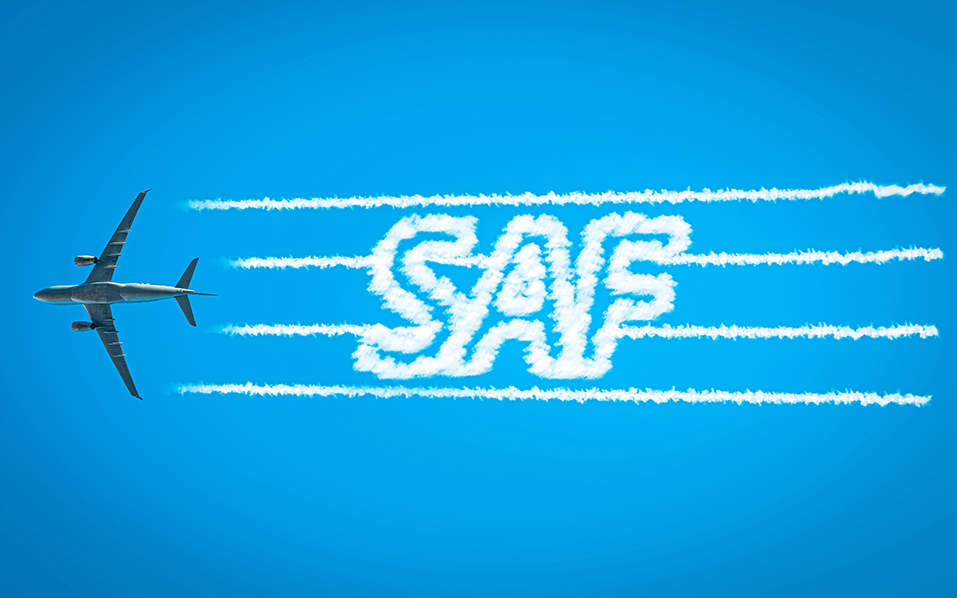More Hungarian Firms Must Prepare EU Sustainability Reports

The EU introduced the Corporate Sustainability Reporting Directive in January 2023. From this year, more businesses are required to prepare CSRD reports.
Image by wutzkohphoto / Shutterstock.com
European initiatives regarding sustainability reporting are being introduced across the continent, with many Hungarian companies having to adhere to new regulations and a more comprehensive range of requirements for reporting, as well as shifting their focus to issues highlighted in EU legislation.
“Up until now, the concept of environmental footprint has been the center of attention, and it is no accident since adaptation and mitigation issues related to climate change are the most important for humanity at the moment,” says Julianna Nagy, senior manager and head of ESG and climate change services at KPMG Hungary.
Relevant policies centering around environmental impacts include approaches such as the 2020 “EU Green Deal,” which focuses on the long-term goal of making the European Union climate neutral by 2050, and the related Carbon Border Adjustment Mechanism (CBAM), a carbon tariff on carbon-intensive products imported into the European Union, for which mandatory reporting began in 2023.
The EU also introduced the Corporate Sustainability Reporting Directive (CSRD) in January 2023, prompting Hungarian companies to rework their ESG reporting strategies and considerations; the previously used Non-Financial Reporting Directive (NFRD) system of reporting was criticized for implying that ESG aspects are not financially relevant.
“CSRD introduces not only new obligations, such as publication and verification of the report, but also new concepts, such as the application of the double materiality approach, in which it is necessary to take into account not only the company’s own effects, but also those arising within the supply chain,” explains Réka Szücs, sustainability service line leader at Deloitte.
“From 2024, in addition to companies that were previously obliged to report non-financially, such as companies of public interest, large companies subject to the CSRD are also required to prepare a sustainability report,” she says.
Thresholds Raised
“The application thresholds for the CSRD were raised in October by the European Commission, which in turn raised the applicable values, so, from the business year starting Jan. 1, 2024, companies with a turnover of EUR 50 million, a balance sheet of over EUR 25 mln and employing more than 250 people will be required to publish a report,” Szücs adds.
“Contrary to the expectations of recent years, [the new sustainability reporting regulation] is not an increase in the frequency of reporting, but rather the simplification of reporting and the clarification of integrated reports,” Szücs concludes.
Ákos Lukács, head of climate change and sustainability services at EY, says introducing the CSRD reports will necessitate more training.
“The sustainability report will have to be audited by qualified auditors, and internal training processes within the field of auditing, which will result in auditors who properly understand CSRD requirements, have already started. There is a lot of domestic sustainability auditor experience, but the new law requires new training,” he says.
Along with the implementation of CSRD in Hungary in January, the Hungarian Parliament also enacted the Sustainable Finance and Unified Corporate Responsibility, also known as the ESG Act, to ensure sustainability-related compliance from businesses and the transparency of ESG reporting.
Family-friendly
“Already among the basic principles of the ESG Act, it appears that domestic companies must examine and manage the effects of their business activities not only on the environment but also on their social responsibility, with special emphasis on promoting the implementation of family-friendly operations,” says KPMG’s Nagy.
Although many EU initiatives seem to center around environmental aspects, the Corporate Sustainability Due Diligence Directive (CSDDD) also highlights the importance of focusing on social perspectives.
“At the end of last year, the Council of Europe and the European Parliament reached a temporary agreement on the CSDDD, which aims to increase the protection of the environment and human rights in the EU and worldwide,” Nagy explains.
“According to this, those affected by harmful human rights and environmental impacts caused by companies, or the civil organizations and trade unions representing them, are also entitled to initiate civil rights proceedings,” she notes.
The CSDDD differs from the CSRD in its overall aim, as the latter describes the requirements for accepted sustainability reporting from companies, while the former seeks to set the standard for conscientious corporate conduct.
“Domestic ESG reporting should not be confused with the sustainability disclosure obligation to be implemented into domestic practice by member states prescribed by the CSRD,” adds Nagy. “The implementation of the latter is covered by law, namely through the amendment of certain provisions of the Act on Accounting and the Chamber of Auditors. Thus, in the management report, as a separate part of it, a sustainability report must be published along the ESRS standards, and limited assurance certification of the published data will also be mandatory,” she concludes.
This article was first published in the Budapest Business Journal print issue of February 9, 2024.
SUPPORT THE BUDAPEST BUSINESS JOURNAL
Producing journalism that is worthy of the name is a costly business. For 27 years, the publishers, editors and reporters of the Budapest Business Journal have striven to bring you business news that works, information that you can trust, that is factual, accurate and presented without fear or favor.
Newspaper organizations across the globe have struggled to find a business model that allows them to continue to excel, without compromising their ability to perform. Most recently, some have experimented with the idea of involving their most important stakeholders, their readers.
We would like to offer that same opportunity to our readers. We would like to invite you to help us deliver the quality business journalism you require. Hit our Support the BBJ button and you can choose the how much and how often you send us your contributions.











